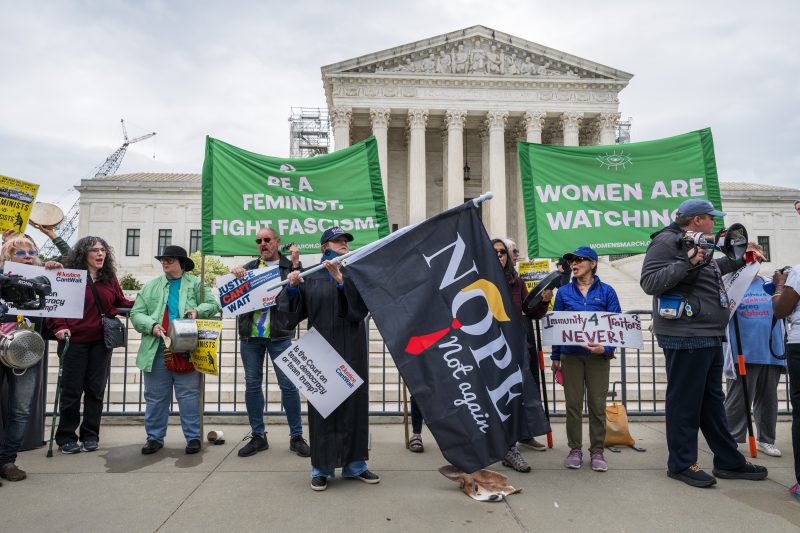In recent times, the topic of criminalizing dissent has gained significant attention due to the discourse surrounding the statements made by former President Donald Trump. While Trump’s rhetoric on this matter has sparked controversy and concern among various groups, it is crucial to analyze the implications and nuances of such ideas about silencing dissent.
First and foremost, it is essential to understand the concept of dissent in a democratic society. Dissent is the expression of opinions, beliefs, or actions that oppose or challenge prevailing norms, policies, or authorities. In a healthy democracy, dissent plays a vital role in shaping public discourse, holding leaders accountable, and fostering a diversity of viewpoints. Criminalizing dissent, therefore, poses a direct threat to the fundamental principles of freedom of speech and civil liberties.
The idea of criminalizing dissent is not new, and history is replete with examples of governments attempting to suppress dissenting voices through authoritarian measures. From censorship and propaganda to arrests and imprisonment, the silencing of dissent has often been a tool used by authoritarian regimes to maintain power and control over their populations. In democratic societies, however, the criminalization of dissent is antithetical to the values of free expression and the right to protest peacefully.
Moreover, Trump’s repeated emphasis on criminalizing dissent raises concerns about the erosion of democratic norms and institutions. By suggesting punitive actions against protesters, activists, and political opponents, Trump’s rhetoric not only undermines the legitimacy of dissent but also sets a dangerous precedent for future leaders to follow suit. The chilling effect of such statements can deter individuals from speaking out against injustices, thereby stifling the democratic process and hindering social progress.
Critics argue that Trump’s focus on criminalizing dissent is a reflection of his authoritarian tendencies and disregard for democratic principles. By demonizing protesters and labeling dissent as a form of criminal activity, Trump seeks to delegitimize legitimate grievances and suppress opposition to his policies and actions. Such divisive rhetoric only serves to deepen social tensions and polarize public opinion, further undermining the spirit of open debate and dialogue that is essential for a functioning democracy.
In conclusion, the debate over criminalizing dissent is a critical issue that goes to the heart of democratic values and principles. While dissent may be uncomfortable or challenging for those in power, it serves as a necessary check on authority and a catalyst for social change. By criminalizing dissent, leaders risk undermining the very foundations of democracy and silencing the voices of those who seek to challenge injustice and hold power to account. As such, it is imperative for citizens to remain vigilant and defend the right to dissent as a fundamental pillar of a free and democratic society.




























